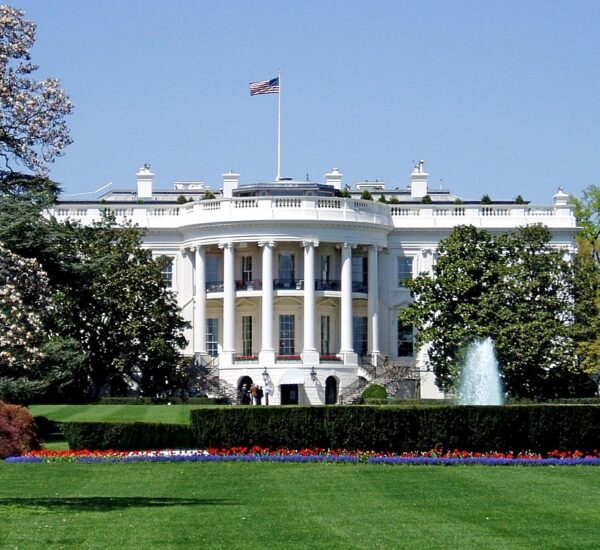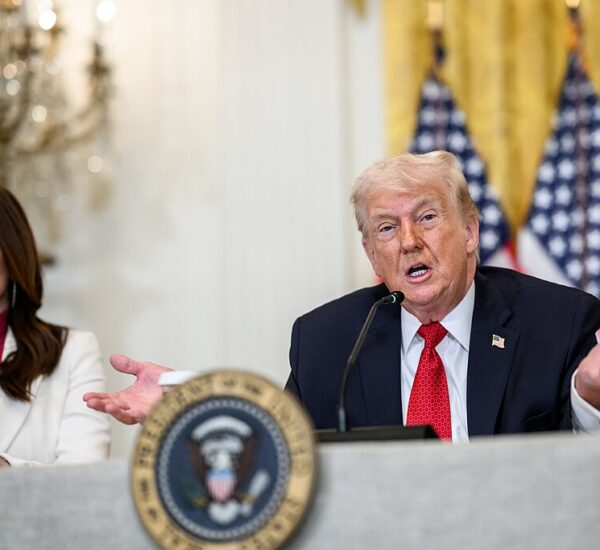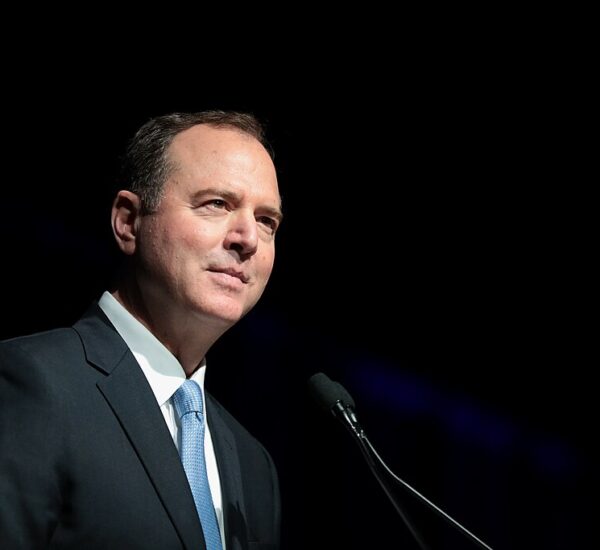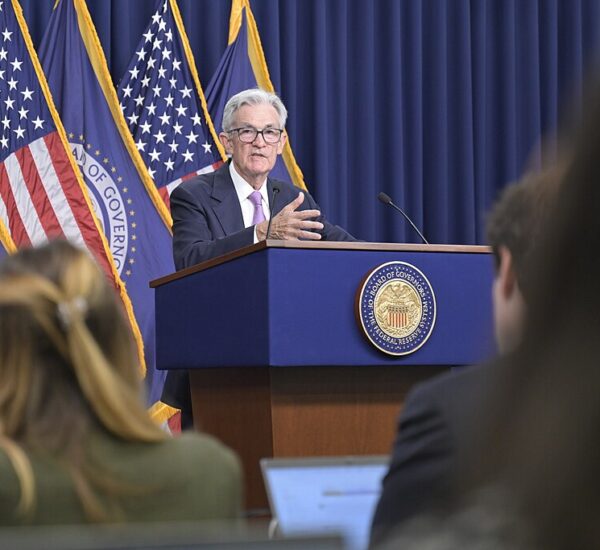GOP Lawmakers Troubled By Trump’s Executive Orders
Republican lawmakers are wrestling with the whirlwind of changes and controversy that have defined President Trump’s first week back in office. Already, his aggressive actions have stirred up reactions across Washington, leaving GOP leaders both surprised and uncertain about the path ahead.
In a series of high-profile moves, Trump’s decision to fire 17 inspectors general—who are crucial for investigating waste, fraud, and abuse—has drawn sharp criticism, even from within his own party. Senator Mike Rounds (R-S.D.) expressed concern over the legal implications of such a sweeping action, emphasizing the need for more information on why these particular officials were targeted. Similarly, Sen. Chuck Grassley (R-Iowa) has called for an explanation, pointing out that the law requires the administration to notify Congress 30 days in advance before firing inspectors general.
Equally controversial was Trump’s decision to freeze foreign aid and pause parts of the Infrastructure Investment and Jobs Act (IJJA) and the Inflation Reduction Act (IRA), two of former President Biden’s major legislative achievements. These acts funneled significant resources into Republican-leaning states, and now, many GOP senators, including Sen. Jim Risch (R-Idaho), are left trying to figure out the specifics of which projects will be impacted. Risch, who chairs the Senate Foreign Relations Committee, acknowledged that the White House is still assessing the ramifications of these freezes.
Senator Shelley Moore Capito (R-W.Va.) also raised concerns about the future of infrastructure projects in her state. She questioned how a freeze could impact road and bridge funding, urging the White House to ensure these vital projects continue moving forward.
While many GOP senators support the president’s desire to challenge bureaucratic overreach, they’re also grappling with how best to manage his rapid-fire executive orders. Some fear that these sweeping moves may inadvertently disrupt crucial government functions, while others argue that Trump is simply clearing the way for a fresh start.
At the same time, the president’s brash diplomacy has also raised eyebrows. For instance, his recent threat to impose a 25% tariff on Colombia has caused confusion among some Republicans, who are wary of alienating key international allies. Meanwhile, his pardon of Jan. 6 protesters has drawn mixed reactions from within the GOP, with some embracing his bold stance on justice, while others worry about the message it sends.
With so many changes happening so quickly, Republican lawmakers are working hard to navigate this unprecedented pace. As Trump continues to make his mark, the GOP will need to balance their support for his agenda with the practical realities of governing in a divided Congress. What’s clear is that Trump’s “shock and awe” strategy is forcing Republicans to adapt—fast—and to consider the long-term impact of every decision he makes.






